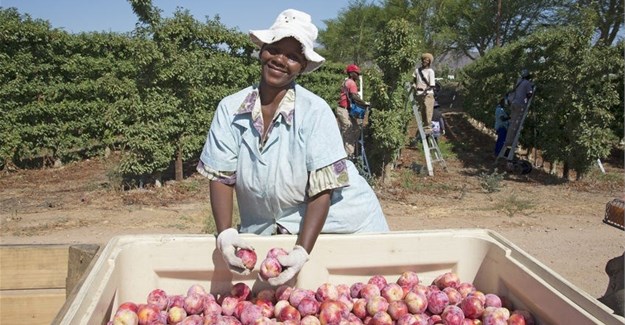According to his latest report on jobs and exports in the Western Cape, the Western Department of Agriculture’s agricultural economist, Tshepo Morokong, notes that the Western Cape exported R78.68 billion worth of combined agricultural and agri-processing products in 2020.
This is good news, says Western Cape Minister of Agriculture, Dr Ivan Meyer.
“I want to thank farmers and agri-workers for their commitment to growing our agricultural products in the Western Cape.”
Meyer continues: “The 24% increase (2019: R63.23 billion vs 2020: R78.68 billion) confirms the critical role agriculture is playing in the economic recovery of the Western Cape. Agricultural export is one of my ministerial priorities, and we will do everything possible to grow our exports and create job opportunities.”
According to Morokong, the Western Cape agricultural sector is export-orientated and contributes 44% to national agricultural exports.
Morokong: “In 2020, the province’s primary agricultural exports accounted for 53% of national exports, beverages 70%, processed meat, fish and fruit products 44%, leather and related products 31% and dairy 22%.”
In his comment on whether employment numbers have improved due to the economic growth experienced in 2020, Morokong highlights that the province contributes over 20% to the national agricultural employment.
Meyer says that increased investment in agri-processing can lead to more jobs in the Western Cape.
Meyer: “Primary agriculture accounts for 10% of the province’s employment and agri-processing 4%, which combined account for 14% of the employment in 2020. Therefore, increased investment in agri-processing activities can create more job opportunities and grow the economy. For this reason, the Western Cape Department of Agriculture continues to provide support to agri-businesses in this sub-sector.”
“Africa presents a significant market for Western Cape agricultural products. It is for this reason that we will explore more export opportunities on the African Continent as we could benefit from the African Continental Free Trade Area Agreement,” concludes Meyer.



